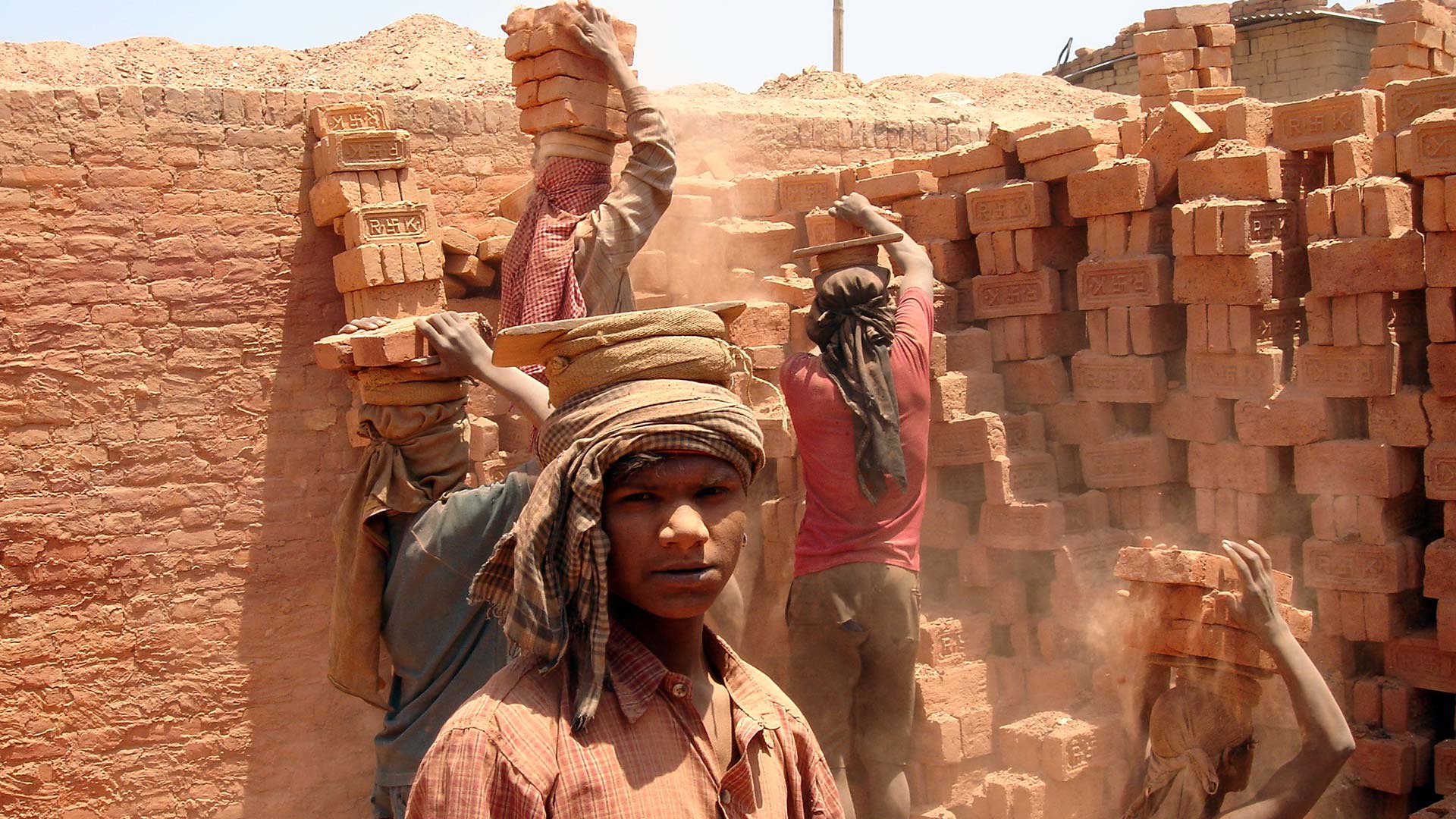A case study of Nicaragua
According to the latest data on global poverty, 767 million people have been living with less than 2 $ per day, from which a large majority live in rural areas and their main source of livelihood is agriculture.
These smallholder farmers highly depend on rainfall or physically demanding irrigation by hand, since they do not have the required capital to purchase irrigation systems. Climate change exacerbates their vulnerability even more and increases the probability of crop failures. These circumstances call for a small-scale solar water pump to use in irrigation. The sunlight pump, developed by the Swiss company ennos, represents such an environment-friendly technology. ennos pvt. Ltd. aims to disseminate the pump to smallholder farmers in developing countries and help improving the income and life situation of the people at the “Base of the Pyramid” (BoP). After gaining a foothold in several countries, ennos now seeks to enter the market through suitable local partners in Nicaragua, the country with the lowest agriculture productivity per hectare in Central America.
The purpose of this thesis is to analyze if a market potential for the sunlight pump in Nicaragua exists and under which conditions the marketing can successfully be implemented. The combination of in-depth secondary research, the insights of interviews with market players and focus groups as well as the findings in the course of field observations, allow to provide the reader with a detailed overview of the relevant market.

